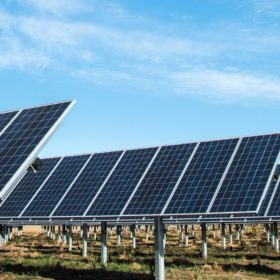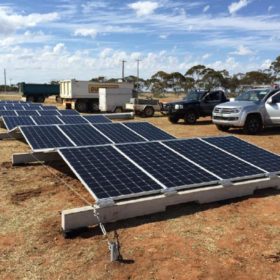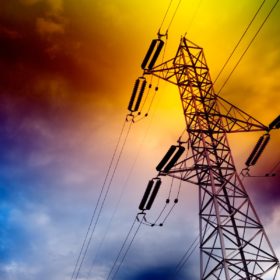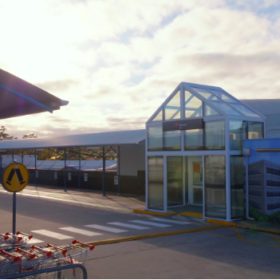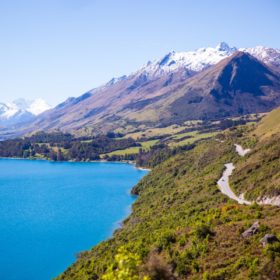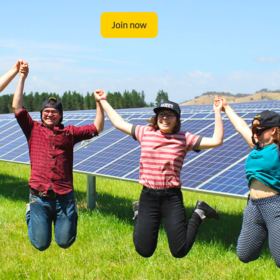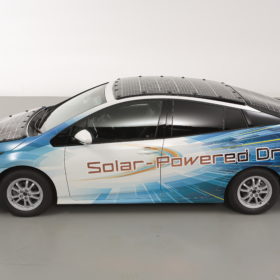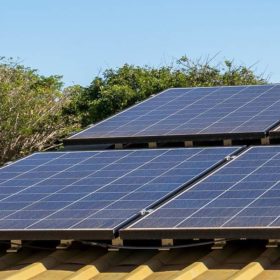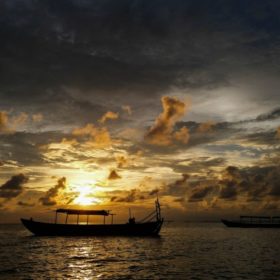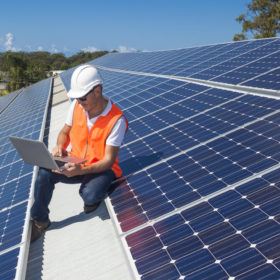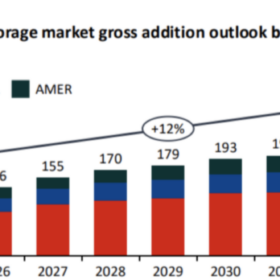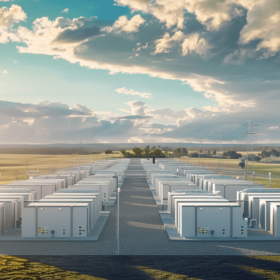Connection issues continue to hamper large scale solar PV projects
The 60 MW Kennedy Energy Parkhas been deprioritised by its developer Windlab due to “uncertainty around connection solution.” The move comes despite the fact the hybrid solar, wind and storage facility known as “Big Kennedy” was completed last December.
Old South Freo tip solar farm gets green light
The proposal to build a solar farm on the site of the old South Fremantle tip has been given final development approval. Construction on the former landfill site, for which various redevelopment plans had been submitted since 1985, finally looks set to move ahead.
Wind and solar cut rather than boost Australia’s wholesale electricity prices
Wholesale prices in the National Electricity Market have climbed significantly in recent years. The increase has coincided with a rapid increase in the proportion of electricity supplied by wind and solar generators. But that needn’t mean the increase in wind and solar generation caused the increase in prices. It might have been caused by other things.
ClearVue inks solar strip module supply deal with BeyondPV
Western Australia-based solar glass developer ClearVue has signed a deal with Taiwanese thin-film solar module manufacturer BeyondPV to set up a dedicated production line for solar strip modules at its production facility in Tainan.
Batteries well-suited to play valuable role in grid management in New Zealand’s energy transition
A report published by New Zealand’s state-owned transmission grid operator Transpower finds the widespread uptake of distributed battery storage could play an important role in supporting the power system as rooftop PV and electric vehicles are increasingly adopted.
Future Super to invest $200,000 in RateSetter P2P solar, storage loans
Retail super fund Future Super is backing peer-to-peer (P2P) solar loans to the tune of $200,000. While only small change, the move is claimed to be the first investment of a retail super fund in P2P clean technology lending.
Toyota gets serious in its move towards solar EV revolution
Toyota has announced plans to begin public road trials this month on a new Prius PHV demo car modified to include integrated solar panels. The announcement follows similar recent solar innovations in the EV industry which could accelerate the emerging form of transport.
Horizon Power’s Carnarvon DER trials picks up award
Western Australia utility Horizon Power’s Carnarvon Distributed Energy Resource (DER) PV trails have received the silver award in the Energy Smart Communities Initiatives (ESCI) Best Practice Awards in the category of Smart Grids. The award recognises the necessity of DER trailing in order to find better ways to integrate solar PV into regional locations.
Cambodia approves four PV projects totaling 140 MW
The Cambodian government has decided to approve four new solar projects, ranging in size from 20 MW to 60 MW, in response to rising energy demand. It further announced that the 60 MW project that it tendered at the beginning of the year is planned to start commercial operations in August.
More calls for review of Victoria’s Solar Homes Program
Following similar calls from other industry bodies, the Clean Energy Council has urged the Victorian government to review its landmark Solar Homes Program and warned about the serious effects its dynamics has on the industry.
